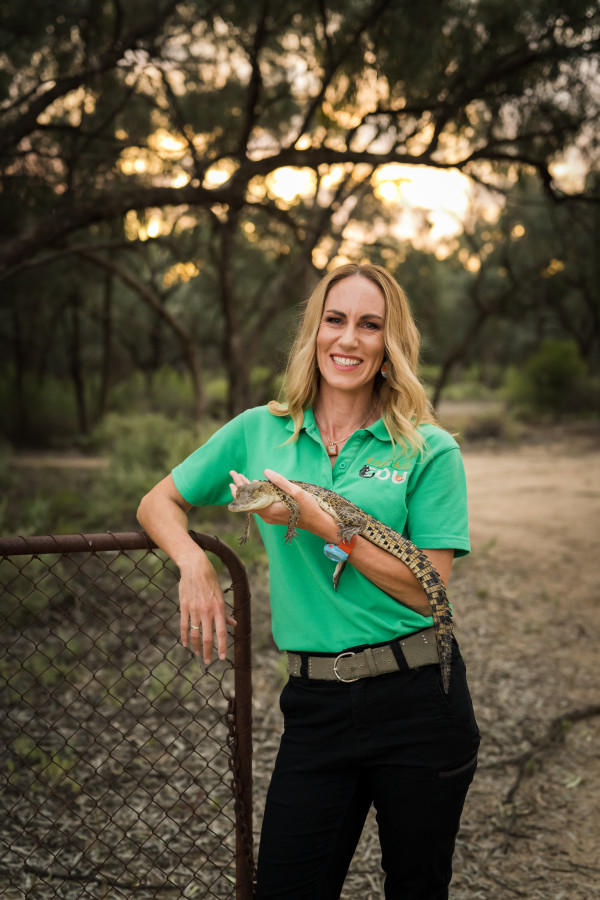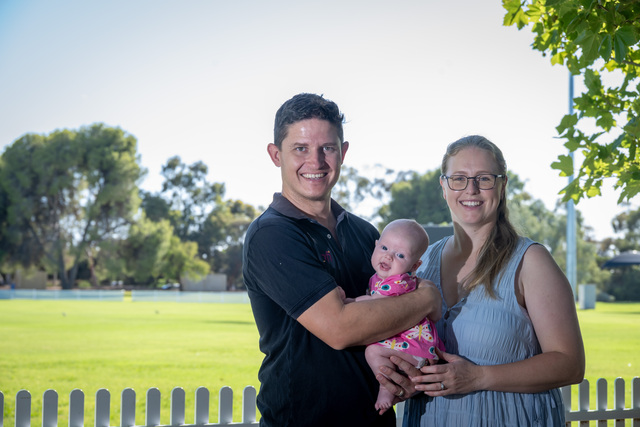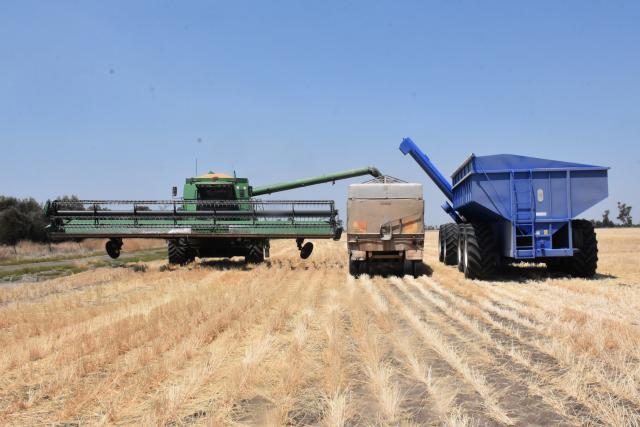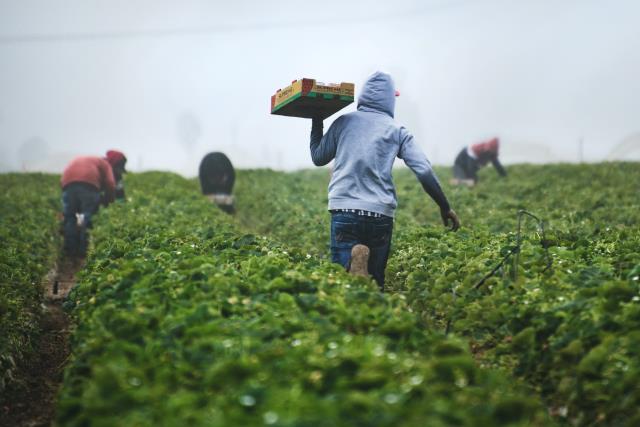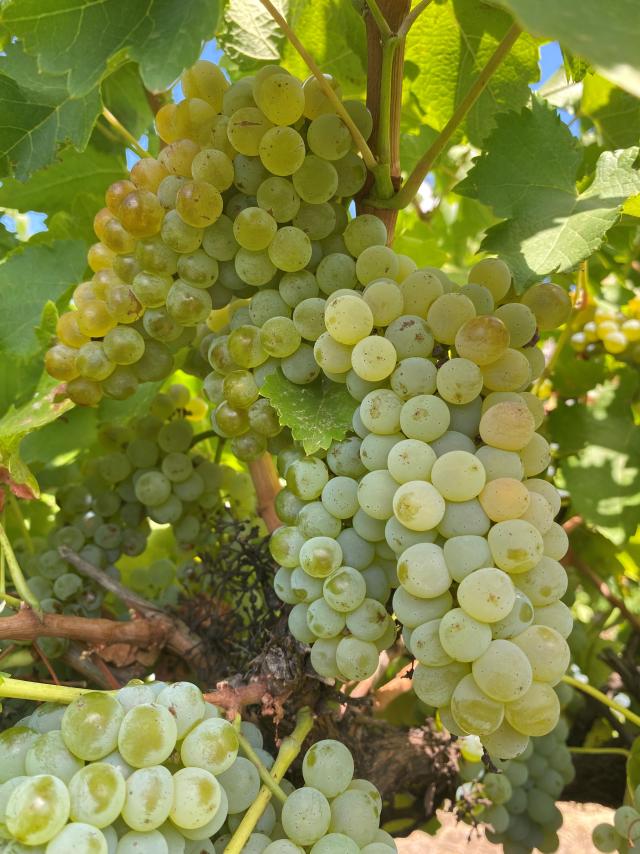ENVIROEDU founder Sarah Holmes has been named a Victorian finalist for the 2024 AgriFutures Rural Women’s Award.
Working to promote environment, conservation and sustainability awareness, Ms Holmes and her team have spent more than a decade providing grassroots education to children in an effort to conserve the natural ecosystem.
Ms Holmes discovered her passion for conservation at an early age, watching Sigourney Weaver play her childhood idol, Dian Fossey in the 1988 film Gorillas in the Mist.
“I have been incredibly privileged that my professional ecological experience has included wonderful opportunities in both the government and private sectors in Australia but has extended internationally to South Africa, Kenya and the Galapagos Islands,” Ms Holmes said.
Ms Holmes started EnviroEDU in 2013 after the birth of her second son, knowing that communities in north-west Victoria and south-west NSW had limited access to specialists in the field, who could deliver environmental education programs to schools and kindergartens.
She wanted to raise the plight of Australia’s natural environment, and in particular, focus on local environmental issues through hands-on education.
“Unfortunately in Australia, we don’t have the greatest track record when it comes to environmental management,” she said. “We have over 1,700 nationally threatened species at risk of extinction and we have the worst mammal extinction rate than any other country in the world.
“I hope our legacy at EnviroEDU is that our environmental education programs inspire change and more informed future environmental leaders that want to protect the threatened species that occupy the diverse habitats of our country.”
She will contest the Victorian Rural Women’s Award against three women from Melbourne, Kyneton and Hamilton in March. The winner will receive $15,000, and go on to represent the state at the national awards in September – where the winner takes home $20,000 and the runner-up $15,000.
“If we were successful in winning the category in March, the money would be a game changer for EnviroEDU,” Ms Holmes said.
“We keep our programs fresh, relevant and engaging for our local community. I have so many ideas for the creation of new hands-on and interactive learning educational resources that we can travel with and extend our reach to other more remote and rural communities within our local catchment areas.
Ms Holmes also flagged using the money on establishing a work experience program.
“For many reasons, it is getting increasingly difficult for young adults seeking work experience in their chosen fields,” she said.
“We are regularly asked for work experience and the funding would enable us to offer “a day in the life of an ecologist” work experience opportunities for children and young adults looking to pursue a career in the environmental sector.”

